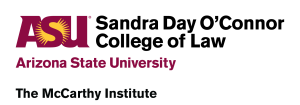Friday, March 8, 2024
UCLA Carnesale Commons
About the Symposium
Through the Copyright Symposium, The McCarthy Institute at ASU Law and the UCLA Institute for Technology, Law and Policy will bring together the foremost copyright scholars, practitioners, and industry leaders to engage with cutting-edge issues within copyright law.
In recognition of one of the most significant copyright cases to come before the United States Supreme Court in the new millennium, the inaugural theme for the Symposium is “Transform: A New Horizon for Copyright.” Content will focus on a variety of the most significant issues in copyright law today.
Save the date
- March 8, 2024
- UCLA Carnesale Commons
- 251 Charles E Young Drive West, Los Angeles, CA 90095
The McCarthy Institute
The McCarthy Institute at ASU Law sits at the intersection of intellectual property law, marketing, technology, and consumer behavior. A joint-program with Arizona State University’s Sandra Day O’Connor College of Law, The McCarthy Institute conducts regular symposia, workshops, networking groups, and pursues original IP and branding research and scholarship.
The UCLA Institute for Technology, Law and Policy
A partnership between UCLA School of Law and UCLA Samueli School of Engineering, the Institute for Technology, Law & Policy examines the benefits and risks presented by technologies such as artificial intelligence and machine learning, robotics, cybersecurity, and digital media and communications.
These and other rapidly evolving technologies raise questions germane to the outcome of ethical and public policy issues, and the applicability and utility of current laws and regulations that govern their use.


